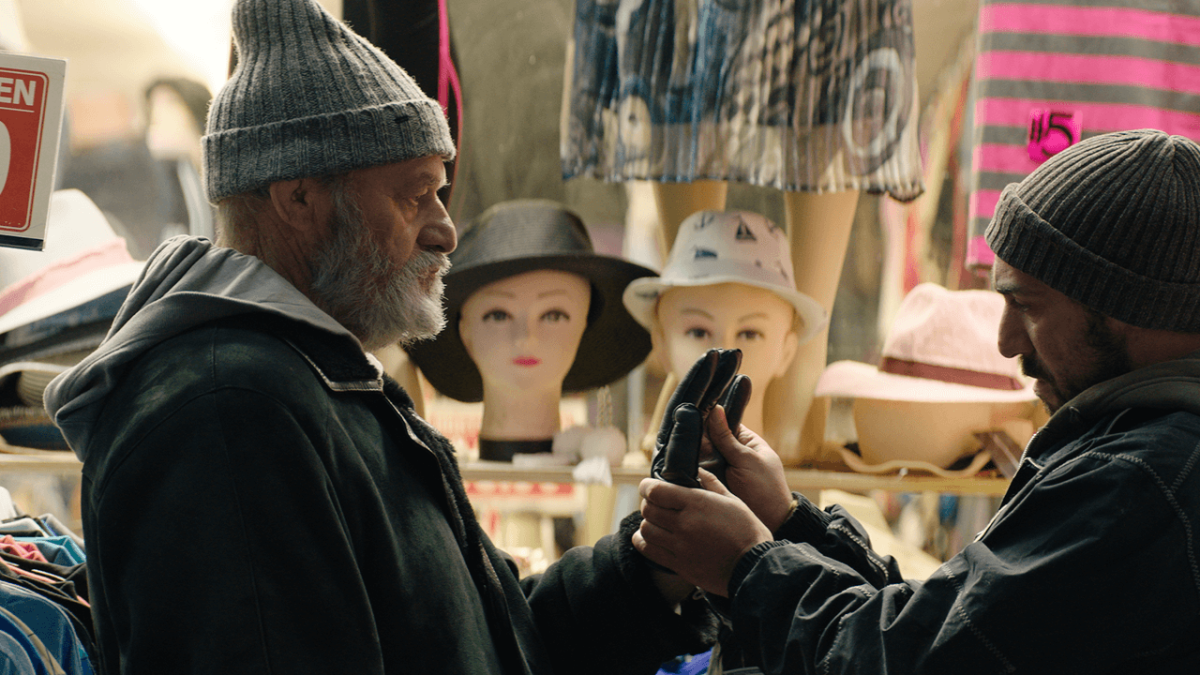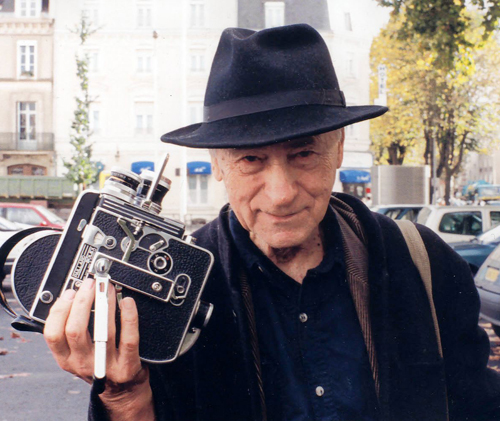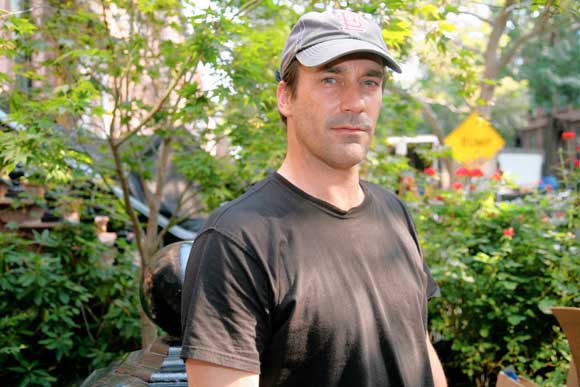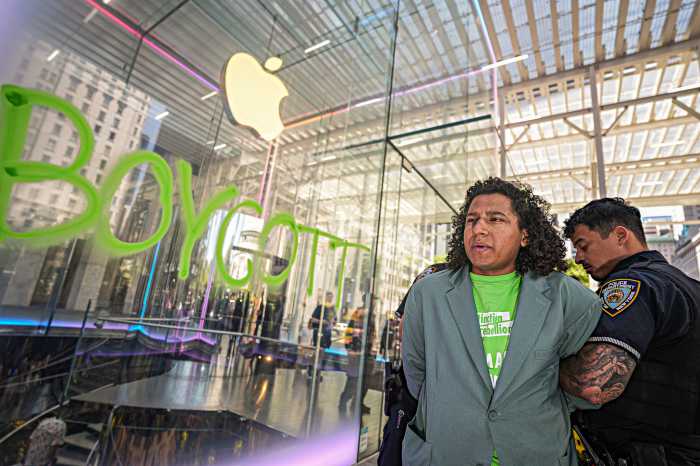Brighton Beach has taken center stage with one of the year’s most celebrated films, with the neighborhood’s special grit and unique character playing a central role in “Brighton 4th.”
The southern Brooklyn neighborhood has seen its share of time on the silver screen, perhaps most notably in hometown hero Darren Aronofsky’s 2000 drug melodrama Requiem for a Dream, or its turn as “Hove Beach” in Grand Theft Auto IV.
But not until the release of “Brighton 4th” — now playing in select American cinemas — has the immigrant community from the former Soviet Union, which makes up the bread and butter of the neighborhood, gotten its time on the silver screen to realistically, and devastatingly, showcase the pitfalls of the American Dream.
“Brighton 4th,” a Georgian-and-Russian-language film by Georgian auteur Levan Koguashvili, is in the midst of a theatrical run at the Village East Cinema in Manhattan after winning best film, best screenplay, and best actor in the “international narrative” section of the Tribeca Film Festival last year.
The film follows Kakhi, an aging former wrestler from Tbilisi, Georgia who travels to Brighton Beach to spend time with his son, who wants to be a doctor but for now is living in a hostel on Brighton 4th Street with a hodgepodge of other immigrants from the former Soviet Union as he attempts to get a green card.
In Brighton Beach, Kakhi learns that his son, Soso, is struggling mightily to get his green card as he moves boxes for a living in the promised land. He has a girlfriend whom he wants to marry in order to expedite his application, but he cannot pay the application fee because of his mounting gambling debt to local mobsters. Kakhi, whose son means the world to him, takes on odd jobs to help him pay back the debt.
Kakhi is masterfully portrayed by Levan Tediashvili, 73, a real-life former Olympic wrestler whose only other acting credit was in 1987. But the real star of the show is the ensemble: Kakhi’s sister-in-law who runs the hostel and gets him work, the opera singer working as a doorman, the man who made it to Brighton Beach after a perilous and expensive boat ride from the Bahamas, Soso’s American citizen girlfriend whom he wishes to marry for his green card.
The residents of the hostel all exchange long conversations with one another over sulghuni cheese, which Kakhi smuggled in from Tbilisi, while discussing the travails they face in Brighton Beach, where they expected high and mighty things but, as immigrants (some undocumented) find themselves in seemingly the same situations as in the old country — like debt, crummy bosses, dilapidated housing, and a sense that the American Dream is a farce.
“America — the land of opportunity — begins in Brighton Beach and ends in Brighton Beach.” Koguashvili said in a directors’ statement, according to rogerebert.com. “Because they can’t leave this place.”
Despite the troubles they face, all of the residents of the hostel show solidarity with one another when their neighbors are in trouble — such as Soso with his gambling debts, or a friend whose boss has been stealing her wages for four months.
Despite all the hardship, and all the trouble people routinely get themselves into, the community still has each others’ back.
It may have gotten snubbed in the best international film category when the 94th Academy Award nominations were unveiled Tuesday, but “Brighton 4th‘s” simple-yet-powerful plot, weaved with understatedly powerful performances and a documentary-like sense of place in its eponymous neighborhood make it well worth a watch.
“Brighton 4th” is now playing at the Village East Cinema on Second Avenue and 12th Street in Manhattan.

























